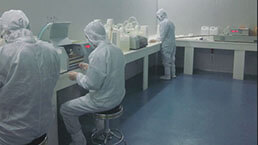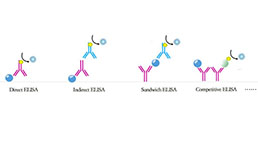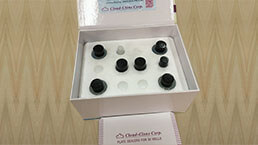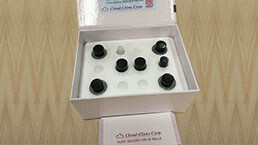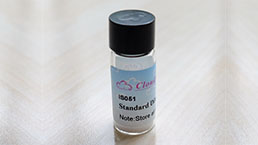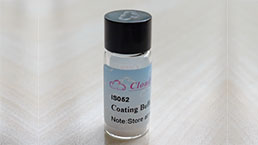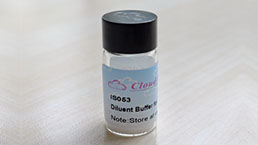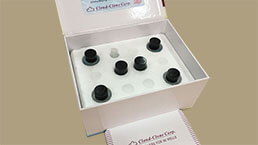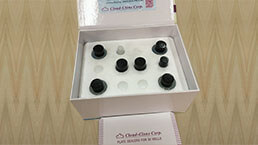ELISA Kit DIY Materials for ATPase, Ca++ Transporting, Cardiac Muscle, Slow Twitch 2 (ATP2A2)
ATP2B; DAR; SERCA2; Calcium pump 2; Endoplasmic reticulum class 1/2 Ca(2+) ATPase; Calcium-transporting ATPase sarcoplasmic reticulum type, slow twitch skeletal muscle
- Product No.KSG374Hu01
- Organism SpeciesHomo sapiens (Human) Same name, Different species.
- Reagent Contents Capture Antibody, Detection Antibody, Standard, Streptavidin-HRP, TMB Substrate, 96-well Plate
- Detectable SampleTissue homogenates, cell lysates and other biological fluids.
- Applicable PrincipleDouble-antibody Sandwich ELISA for Antigen Detection
- Detectable Range0.312-20ng/mL
- Applicable Sensitivity0.113ng/mL
- ApplicationsMain materials for "Do It(ELISA Kit) Yourself"
- Downloadn/a
- UOM 96T*596T*10 96T*20 96T*50 96T*100
- FOB
US$ 1260
US$ 2100
US$ 3780
US$ 7350
US$ 12600
For more details, please contact local distributors!
SPECIFITY
The Abs in the kit have high sensitivity and excellent specificity for detection of ATPase, Ca++ Transporting, Cardiac Muscle, Slow Twitch 2 (ATP2A2). No significant cross-reactivity or interference between ATPase, Ca++ Transporting, Cardiac Muscle, Slow Twitch 2 (ATP2A2) and analogues was observed.
USAGE
1. Coat the plates with 100μL per well of working solution of Capture Antibody.incubate overnight at 4°C or incubate at 37°C for 2 hours.
2. Aspirate and wash 1 time.
3. Block the plates with 200 μL per well of working solution of Blocking Buffer. Incubate at 37°C for 1.5 hours.
4. Aspirate and wash 1 time. The plates are now ready for sample detection, the protocol is the same as regular ELISA.
STORAGE
Antibodies, Standard and Streptavidin-HRP should be stored at -20°C. TMB should be stored at 4°C. 96-well Plate could be stored at room temperature. The contents are valid for twelve months. They are stable for one month after opening when stored at 4°C.
Support Pack
GIVEAWAYS
INCREMENT SERVICES
| Magazine | Citations |
| The Journal of Heart and Lung Transplantation | SERCA2a: A potential non-invasive biomarker of cardiac allograft rejection. pubmed:28750934 |
| researchsquare | Value of SERCA2a as a Biomarker for the Identification of Patients With Advanced Heart Failure Requiring Circulatory Support |
| Journal of Personalized Medicine | Value of SERCA2a as a Biomarker for the Identification of Patients with Heart Failure Requiring Circulatory Support 34834474 |






